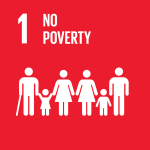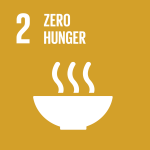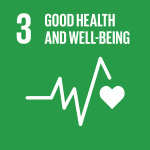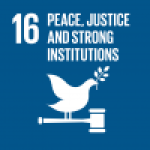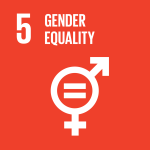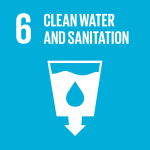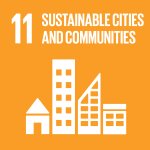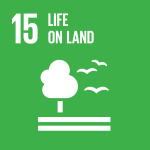
UNDP-supported project financed by the GEF-LDCF aims to ensure the long-term sustainability of vulnerable productive areas in the regions of the Centre, through nature-based solutions and better peaceful management of natural resources. Photo: UNDP
UNDP-supported project financed by the GEF-LDCF aims to ensure the long-term sustainability of vulnerable productive areas in the regions of the Centre, through nature-based solutions and peaceful management of natural resources
Bamako, Mali, 08 June 2023 – With support from the UN Development Programme (UNDP), Mali has officially launched the $9 million project Climate Security and Sustainable Management of Natural Resources in the Center Regions of Mali for the Consolidation of Peace in the capital Bamako. Implemented by the Environment and Sustainable Development Agency with funding from the Global Environment Facility, the 6-year project will help ensure the long-term sustainability of vulnerable productive areas in the regions of the Centre, including Bandiagara, Douentza, Mopti and San, through nature-based solutions and more peaceful management of natural resources.
“This project will help Mali to realize its climate goals set out in the country’s Nationally Determined Contribution under the Paris Agreement,” said Inspector General Mamadou Gakou, Secretary General, representing the Minister of the Environment, Sanitation and Sustainable Development at the launch. “Its implementation, however, also supports our commitment to land degradation neutrality.”
Half-covered by the Sahara Desert and located between the arid Sahelian zone and the north-Sudanese zone, Mali displays high levels of aridity and is estimated to be among the most vulnerable countries to climatic stress. Climate change and increased climate variability are already contributing to desertification and the degradation of ecosystems on which communities depend for food and water security.
As the productive natural resource base shrinks, conflicts over land and water intensify, particularly between farming and herding communities. There is thus an urgent need to ensure the long-term sustainability of vulnerable productive landscapes through nature-based solutions that reverse land degradation, strengthen communities’ climate resilience, and promote conflict resolution.
By restoring productivity in vulnerable grazing, farming, and fishing landscapes through effective community management, the project will strengthen the resilience of rural households and community organizations. The project will also provide national capacity-building for the coordination and monitoring of the achievement of land degradation neutrality objectives.
“UNDP remains dedicated to supporting Mali in its restoration and protection of natural resources, consolidation of peace, and adaptation to climate change and, through this, to advancing truly inclusive sustainable development,” said Head of Environment and Climate Change at UNDP Mr. Oumar Tamboura. He emphasized the project complements the government’s existing efforts towards restoring and improving the management of natural resources and that the regions of the Centre will serve as a catalytic testing ground, with the potential for good practices to be applied on a larger scale in Mali, including in the south and west, and in the Sahel.
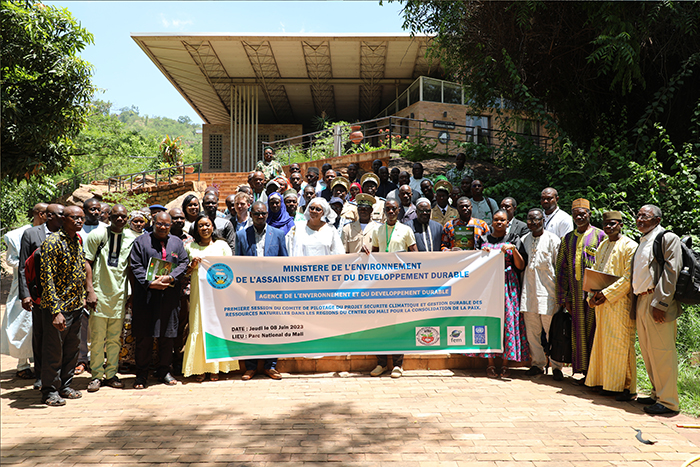
UNDP is supporting Malian authorities and communities to reduce and manage security risks related to climate change, through a portfolio of interventions based on four pillars:
- Improved land and water governance systems for peaceful management of natural resources;
- Increased community resilience through energy efficiency;
- Enhanced capacity in disaster risk management; and
- Strengthened capacity for sustainable management of natural resources and ecosystems.
UNDP’s regional climate security programme has launched activities in Mali and at regional level with the financial support of Denmark, and a new partnership between UNDP and the International Organization for Migration (IOM) that, with funding from Sweden, seeks to further integrate mobility-related aspects, notably transhumance and forced displacement, into the climate security approach.
Additional notes
Around 1 in 5 Malians live in extreme poverty.
The economy is dominated by the agricultural sector which contributes to 35 percent of the GDP and employs around 68 percent of the population. .
Mali's average annual temperatures are projected to increase by 1.2 to 3.6°C by the 2060s.
The area of Mali in which productivity has been lost greatly exceeds the small pockets where productivity has been restored, and these trends – which affect more than two million Malians – continue.
In combination with other drivers of fragility, climate change can lead to food insecurity, distress migration and forced displacement, natural disasters and extreme weather events that affect communities, including women and girls, as well as vulnerable groups.
Climate change impacts will only worsen over the decades ahead. Future climate projections for Mali mean annual temperatures are projected to increase by 1.2 to 3.6°C by the 2060's. The projected changes will likely have significant adverse impacts on local communities, livelihoods, and the ability of ecosystems to provide valuable services.
Despite an overall increase in precipitation over the last decades, the country continues to experience recurring droughts, including five major ones from 1987 to 2007, a drought in 2012 that impacted 4.6 million people, and the ongoing severe drought which has thrown millions into in desperate need of emergency food assistance. The country has also been experiencing recurrent winter flooding, such as the floods that hit in 2013.
Land degradation and climate change are closely related. On the one hand, land degradation is expected to contribute to regional and global climate change through impairment of carbon sequestration capacity. On the other hand, climate change exacerbates some effects of land degradation, such as dust storms, siltation into rivers, downstream flooding, erosion, and dune formation. It can have devastating social impacts, such as increased poverty, decreased agricultural and silvicultural production, and adversely affect food security and human health.
The project fully aligns with the newly defined Land Degradation Neutrality targets (2020), enhances coordination for implementation of adaptation and re-greening strategies, and supports progress tracking towards achievement of land degradation neutrality and climate security.
The main focus of the project is on on-the-ground activities involving communities and their structures, deconcentrated technical services, local government (territorial collectivities), and private sector actors.
Sharon Sunassee, Communications sharon.sunassee@undp.org

